
Alcohol Relapse Prevention



When making progress toward any goal, falling back to old habits is always discouraging. It can make us want to give up altogether. Understanding why relapse occurs and how to power through it is essential. This is especially true in cases of substance abuse.
In this blog on alcohol relapse prevention, we’ll answer the following questions:
Alcohol relapse occurs when an individual returns to drinking after abstaining from heavy alcohol use. Relapse doesn’t refer to anyone who drinks after stopping for some time. Instead, it pertains to those who have previous struggles with alcohol addiction or abuse, drinking again after a period of abstinence.
The biggest concern following sobriety is relapse. It’s scary to think about all the work you put in seemingly going down the drain. Unfortunately, this is a common part of the process of recovery, which we’ll look at more in-depth under the “misconceptions” topic.
That doesn’t mean you shouldn’t do everything in your power, and with professional support, to prevent relapse. The following are practical steps to reduce the risk of relapsing.
Self-reflection improves patience and self-control. You can stop the temptation in its tracks and try relapse prevention skills like closing your eyes and taking deep breaths.
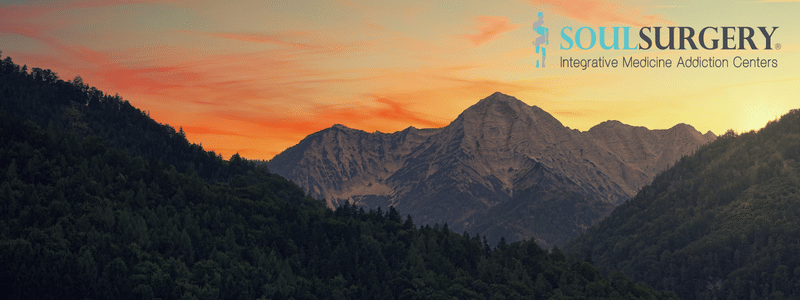
If you’re becoming increasingly dependent on alcohol, you should seek early intervention before the problem progresses. There are several indicators of developing or existing alcoholism, including,
It can be challenging to reach out for help. You may fear judgment or feel ashamed of having a problem.
When you ask for support, this is a sign of strength. You care about your health and relationships. Remember, everyone struggles with their own inner demons, and you needn’t feel ashamed.
When you’re aiming for sobriety, relapsing can be incredibly discouraging. It can even make you want to give up, believing you’ll never succeed. Don’t let the misconceptions surrounding relapses misguide you. Understand that there are several errors in thinking regarding relapse, and keep them in mind as you continue your recovery journey.
It’s easy to fall into the lie that relapse means you’ve somehow lost the race and sobriety is impossible. Even though it’s discouraging, relapse is a part of the process of recovery. When you relapse, it doesn’t mean you should give up; instead, it allows you to identify triggers and update your relapse prevention plan to get back on track.
Alcoholism changes the brain’s processes. Over time, it suppresses the naturally occurring feel-good chemicals like dopamine. When you try to take the substance away, the brain communicates with the body, creating cravings.
Relapsing is often triggered by what initially caused the addiction (e.g., stress, certain people or places, poor mental health, etc.) We recommend professional help. It’s difficult to overcome addiction alone because of the brain’s power over our choices and urges.
A relapse isn’t a reset button; it’s a bump in the road to recovery. Overcoming any struggle is never a straight line. There are setbacks, good days, bad days, and mixed emotions.
Relapsing is very common during recovery. What’s important is that you keep going and don’t give up. Acknowledge the slip-up, process how and why it happened, and continue forward.
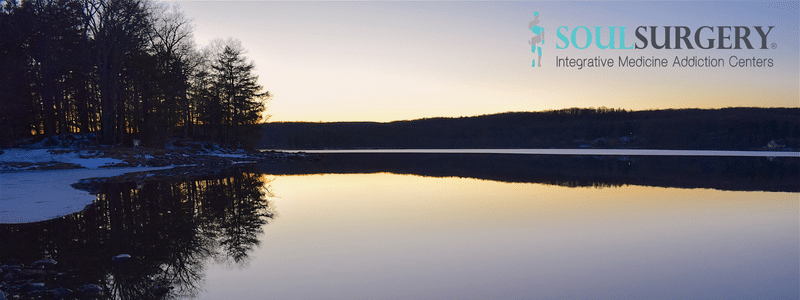
A high number of recovering addicts experience relapse. Some professionals even view relapse as a stage of recovery, although this is debated. Regardless of whether relapse should be viewed as an official part of recovery, there’s no denying it happens in most cases. We should focus on not viewing it as a failure and encourage moving forward with recovery even amid relapse.
There’s no one statistic on the rate of relapse in alcoholism. Many factors go into an individual’s alcohol dependency, such as how long the addiction has lasted, the severity of it, and other existing conditions or external stressors.
The National Institute on Drug Abuse estimates a 40% to 60% substance abuse relapse rate. This suggests that a significant number of people who reach sobriety will relapse.
While these numbers may be discouraging, there’s still a large number of people who abstain from alcohol. You can use these statistics to remind yourself you’re not alone when you relapse and to continue in your recovery progress.
Relapses don’t just happen randomly; something triggers them. Before relapse, there are notable behaviors a person may exhibit. These can include the following:
While the definition of “relapse” may differ from individual to individual, most recovery centers will say that one drink is considered a relapse. Some people may have sustained sobriety for several years and choose to have a drink if they believe in having the problem under control. This in itself can be dangerous as one drink can lead to triggering a relapse. When tempted to drink, you need to ask yourself what the benefit is and if the choice outweighs the risk of relapse, which it likely does not.
Soul Surgery’s approach to addiction recovery is individualized, science-backed, and led by a team of passionate professionals. Our team wants you to meet the small milestone goals leading to long-term sobriety. We offer some of the top treatments for substance use disorders in the state, including biofeedback, EMDR, dual diagnosis, and more.
Reach out today to learn more about our treatment programs and how to get started on your recovery journey.

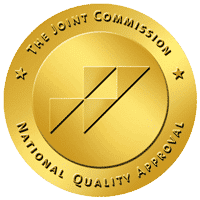
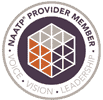

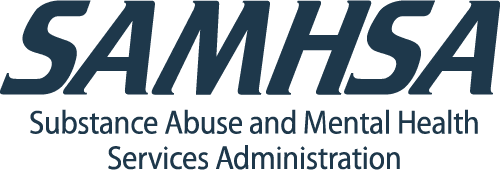


Take the first step in your journey to recovery.
"*" indicates required fields